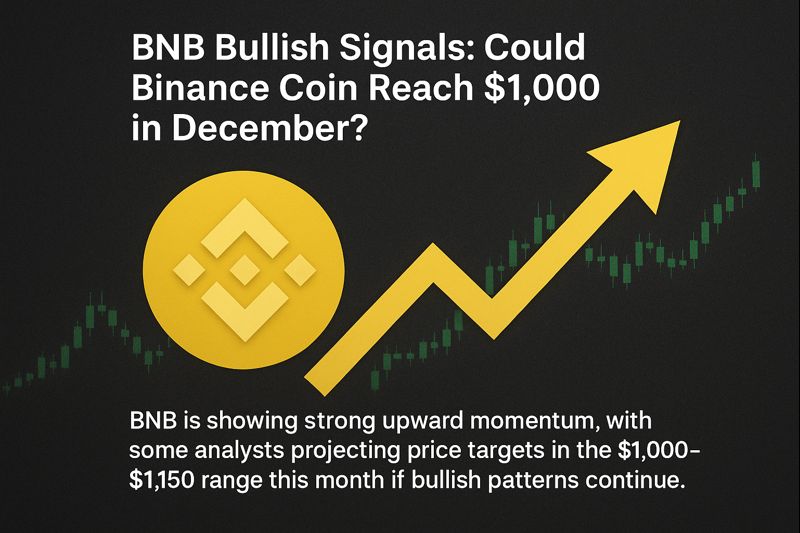In one of the most surprising moves of 2025, Intercontinental Exchange (ICE) — the parent company of the New York Stock Exchange — announced plans to invest up to $2 billion into Polymarket, a leading crypto-based prediction platform. The move, first reported by the Financial Times, signals a dramatic shift in how traditional finance views decentralized, event-driven data and blockchain-native markets.
A Marriage Between Wall Street and Web3
For years, ICE has been at the forefront of financial market innovation. From running the world’s largest stock exchange to building digital asset infrastructures, the company has steadily embraced technology. Its new partnership with Polymarket marks another step — this time, into prediction markets, where users trade on the outcomes of real-world events ranging from elections to interest rate decisions.
Polymarket operates on the Polygon blockchain, allowing users to buy and sell shares representing potential outcomes. These markets generate what many see as collective intelligence — real-time crowd-sourced data that can often be more accurate than traditional polls or analyst forecasts.
By integrating Polymarket’s event-driven data streams into its existing infrastructure, ICE aims to bridge the gap between tokenized assets and real-world predictive analytics.
Why ICE Is Betting Big
ICE’s potential $2 billion investment isn’t just about profit. It’s a strategic move to expand its influence in digital finance, a space increasingly dominated by DeFi protocols, tokenization projects, and decentralized data networks.
Prediction markets offer a unique advantage: they translate human expectations directly into market data. As more investors seek data-driven decision-making tools, these platforms could become invaluable. By acquiring or partnering with Polymarket, ICE could use this data to enhance risk modeling, market forecasting, and tokenized asset management.
“Prediction markets represent the next frontier of financial information,” said a senior ICE executive familiar with the deal. “They combine transparency, collective insight, and blockchain verifiability — a combination that traditional markets have long sought.”
The Regulatory Tightrope
Still, the partnership faces hurdles. Polymarket has previously drawn regulatory scrutiny from the U.S. Commodity Futures Trading Commission (CFTC) over unregistered event markets. ICE’s involvement could help legitimize and formalize the space, bringing institutional credibility and compliance frameworks to an emerging but controversial corner of crypto.
Analysts believe ICE’s move could be the first step toward a regulated prediction market ecosystem, where large financial institutions participate safely within legal boundaries — something retail traders have been experimenting with for years.
The Bigger Picture: Tokenization and Event Data
This investment aligns with ICE’s broader strategy around tokenization, the process of turning real-world assets like stocks, bonds, or commodities into blockchain-based digital tokens. Prediction markets could become a vital layer within that ecosystem — helping determine prices, probabilities, and real-time sentiment for those tokenized assets.
Imagine a future where tokenized bond yields fluctuate based not only on central bank policy but also on crowd-sourced probabilities of inflation or election outcomes — all aggregated through platforms like Polymarket.
A New Chapter for Polymarket
For Polymarket, this partnership represents validation at the highest level. Once viewed as a niche, experimental DeFi project, it’s now being integrated into one of the largest and most respected financial infrastructures in the world. ICE’s resources could supercharge its growth, expand its user base, and strengthen its data security and compliance.
The move also illustrates how crypto-native innovation is converging with traditional finance, not replacing it. As prediction markets evolve, they could become as integral to financial systems as stock indices or derivative instruments.
The Future of Market Intelligence
ICE’s planned investment in Polymarket is more than a capital infusion — it’s a statement of intent. Wall Street is no longer content watching from the sidelines as decentralized technologies redefine market structures.
By aligning with Polymarket, ICE isn’t just buying into a crypto project; it’s buying into the future of information markets — where the wisdom of the crowd meets the rigor of institutional finance.
In this new paradigm, markets won’t just reflect what investors know — they’ll predict what investors believe will happen next. And that could reshape everything from trading strategies to global governance.




